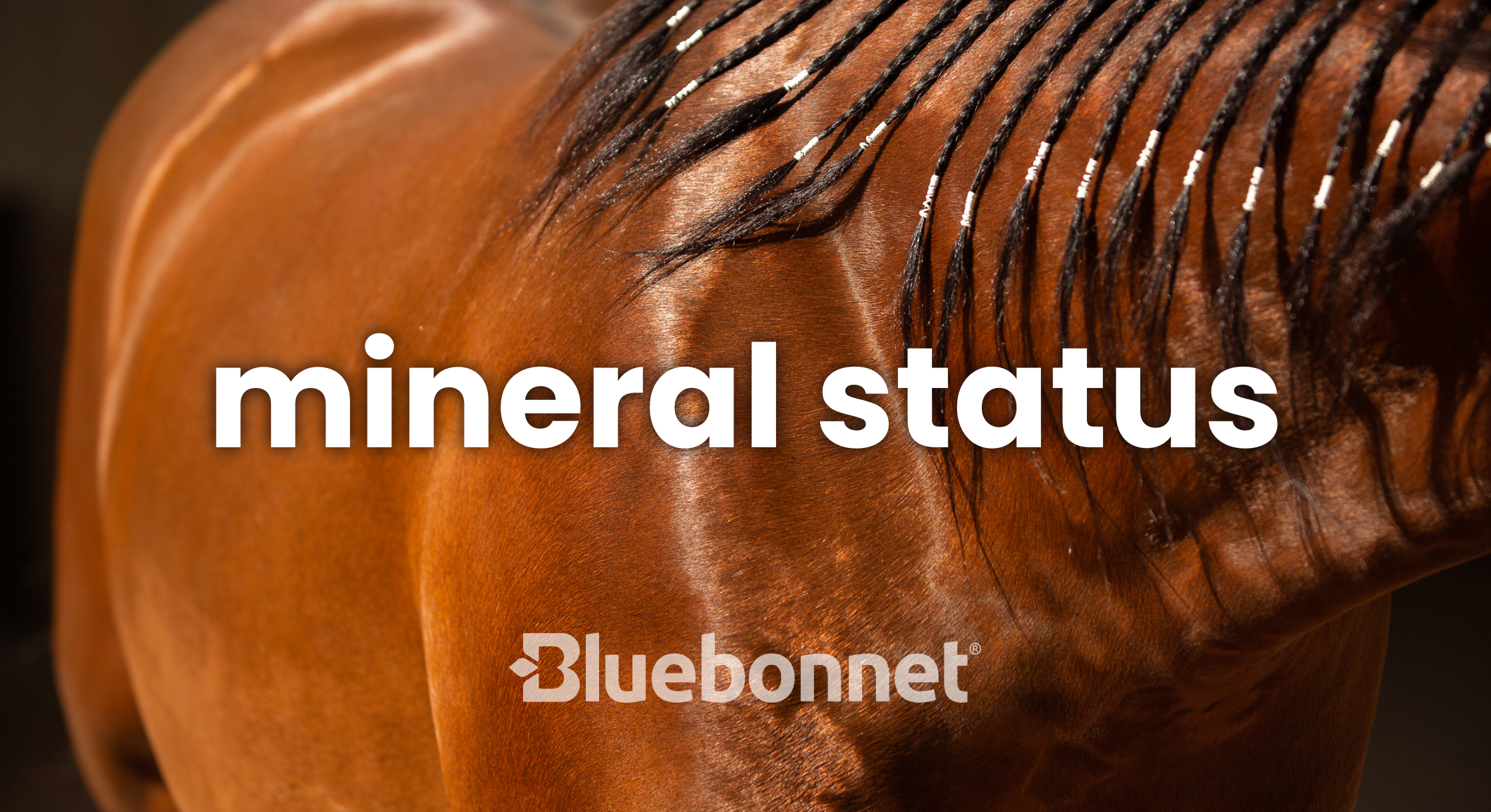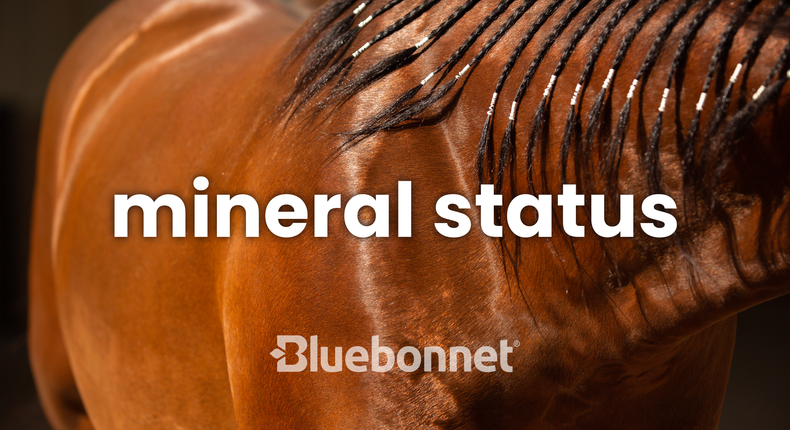
Do horses know when they are deficient in something? This is a common question, and many people believe horses have the ability to self-regulate. In other words, they believe horses know exactly how much of each element they need in their diet, and therefore will seek out those minerals when they are deficient. This is an unfortunate misconception. The amount of mineral a horse consumes is influenced by a variety of factors, and diet evaluation remains the best means for determining current mineral status in a horse.
Salt
Hay and pasture are almost always deficient in salt (sodium and chloride) for a performance horse. Most commercial feeds are also low in sodium and chloride, therefore performance horses should be supplemented with salt on a daily basis. The best way to accomplish this is to offer a measured amount of plain white salt (1 to 2 tablespoons) with the horse’s daily grain meal. Salt may also be offered free-choice as a plain white block or as loose rock salt. Research has found that horses don’t always receive adequate levels of salt from licking a block on their own free will.
Free-Choice Minerals
All free-choice minerals contain a portion of ingredients that are designed to encourage an animal to eat the mineral (i.e. salt, molasses, distiller’s grains). This may be the largest factor that has contributed to people believing animals can self-regulate their mineral intake. When a horse is first given free-choice access to a loose mineral, block, or tub they devour it because they believe it to be a limited resource and, let’s be honest, salt and sugar both taste really good! After several days of over-eating and then realizing it never “goes away” they reduce their daily intake substantially. This gives the false impression they have “met their needs”.
If feeding a free-choice product, it is important to monitor how much the horse is eating AFTER this initial period of over-consumption. Simply divide the weight of the product by the number of days it took for the horse to finish, then compare that to the label recommendations for daily intake. If multiple horses are housed together it is impossible to ensure each horse is consuming the correct amount.
Trace Mineral Blocks and Natural Salt Blocks
Trace mineral blocks or natural salt blocks should be used with extreme caution if the intent is to satisfy trace mineral requirements. Many of these blocks contain roughly 95% salt, which means there is physically not enough room in the block to provide adequate amounts of trace minerals based on a horse’s daily rate of consumption. Blocks with that much salt should be relied upon for their salt content only, and trace minerals (i.e. copper, zinc) should be provided through a fortified feed or diet balancer. These blocks (along with plain white salt blocks) can be a great tool for horses who become bored and need something to do during the day.
Blood & Hair Analysis
The best way to determine mineral status of a horse is to have the diet fully analyzed by an equine nutritionist. Keep in mind, forage is the majority of your horse’s diet, so it is a good idea to have your hay tested in order to get the best outlook on your horse’s current program. Once you understand the nutritional gaps in your horse’s forage, you can easily decide on the best feed or supplement to meet his needs.
Blood analysis is simply a snapshot of a single nutrient at a single point in time which may lead to a false sense of security. For example, when calcium is deficient in the diet, the horse pulls calcium reserves from the bone, therefore calcium would appear “normal” on a blood analysis. This gives the false impression that the horse is receiving adequate amounts of calcium from the diet while, in reality, he is not.
Hair analysis may be helpful for determining if a horse has had exposure to toxic metals, but it is not a reliable means for determining basic nutritional status of a horse. Environmental pollutants, dirt, mane & tail products, fly sprays, and coat conditioners can all cause inaccurate readings. In addition, hair analysis results can vary based on the color of the hair, time of year, sex, breed, age of horse, and sample site.
If you suspect your horse may be in need of a specialized nutrition program, or if you just want a nutrition consultant to review your horse’s current diet, Bluebonnet Feeds offers free virtual nutrition consults.

